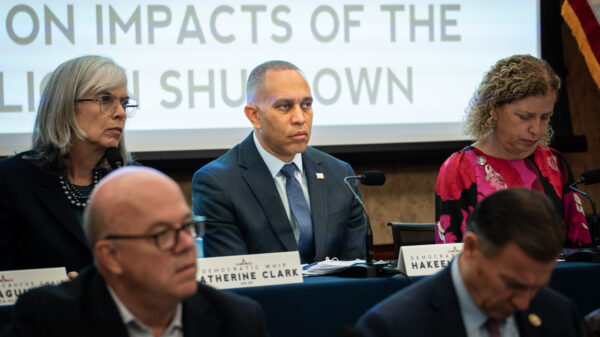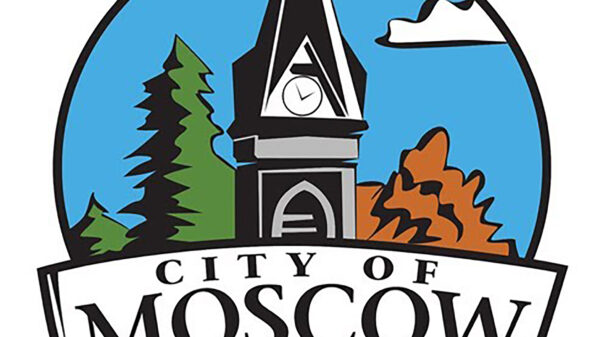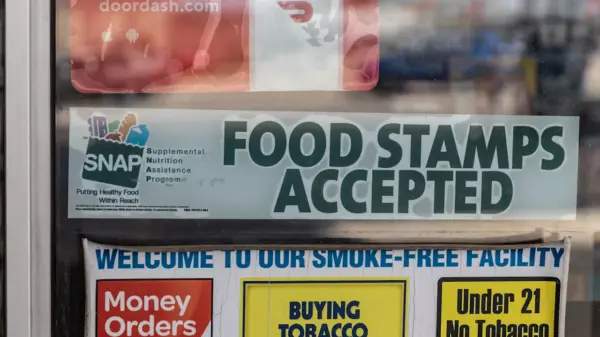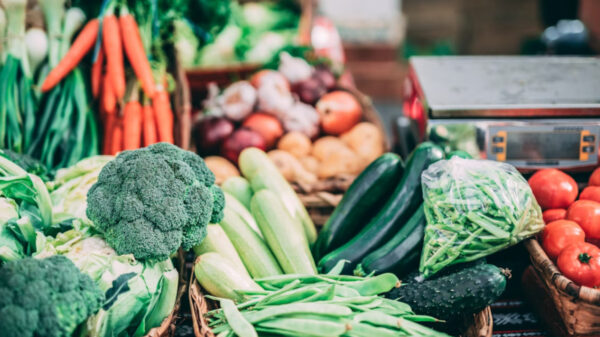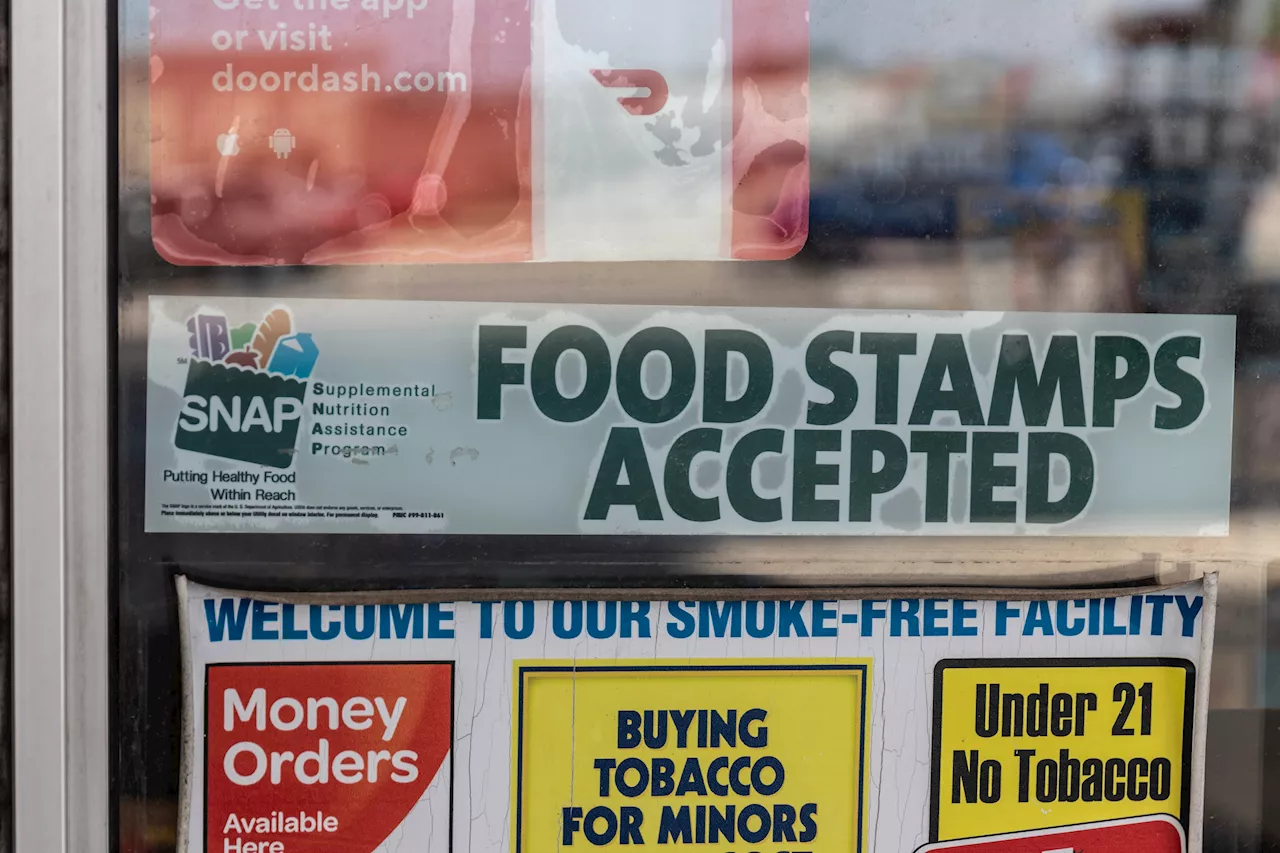Food banks in Chicago are bracing for a significant increase in demand as the ongoing federal government shutdown disrupts the Supplemental Nutrition Assistance Program (SNAP). Families who previously relied on SNAP benefits are now turning to local food pantries for support. The Common Pantry, located at 3908 N. Lincoln Ave., has issued a call for assistance to help meet the needs of families struggling to access food.
As Thanksgiving approaches, food pantries traditionally experience heightened demand. This year, however, the situation is exacerbated by the federal shutdown, which has led to widespread anxiety among families. According to Margaret O’Connor, director of Common Pantry, many families who have never needed a food pantry before are now seeking help. “Coming around the tail end of the year, most pantries are gonna see a surge in people looking for support,” O’Connor stated. “Prices aren’t coming down. You’re gonna feel it no matter who you are, whether you’re on the cusp of poverty or not at all.”
The challenges facing the community extend beyond financial strain. Many families feel isolated due to increased immigration enforcement, further complicating their access to resources. To address these concerns, Common Pantry has recently reinstated its emergency home delivery program, aiming to support those hesitant to visit the pantry in person due to fears of federal agents.
As of now, the government shutdown has severely impacted SNAP benefits, which serve as a vital resource for millions of families across the United States. In Illinois alone, approximately 2 million residents depend on SNAP, highlighting the urgent need for food assistance. The impending loss of these benefits is prompting food banks to prepare for an influx of requests for help.
In recent weeks, organizations across the state have mobilized to meet the anticipated demand. Local food banks are collaborating with community organizations to ensure they can provide necessary support as the crisis unfolds. With the holiday season approaching, the pressure on food pantries is likely to intensify, making community involvement more critical than ever.
Food insecurity remains a pressing public health issue in the United States, and the current circumstances are expected to exacerbate this crisis. The culmination of rising food prices and loss of SNAP benefits could lead to unprecedented levels of food insecurity, leaving many families struggling to make ends meet during a time typically associated with celebration and abundance.
As the situation develops, food banks like Common Pantry will continue to seek support from the community and local businesses to ensure that families in need are not left behind this holiday season. The ongoing government shutdown underscores the interconnectedness of policy and everyday lives, and its impact is felt most acutely by those who are already vulnerable.










